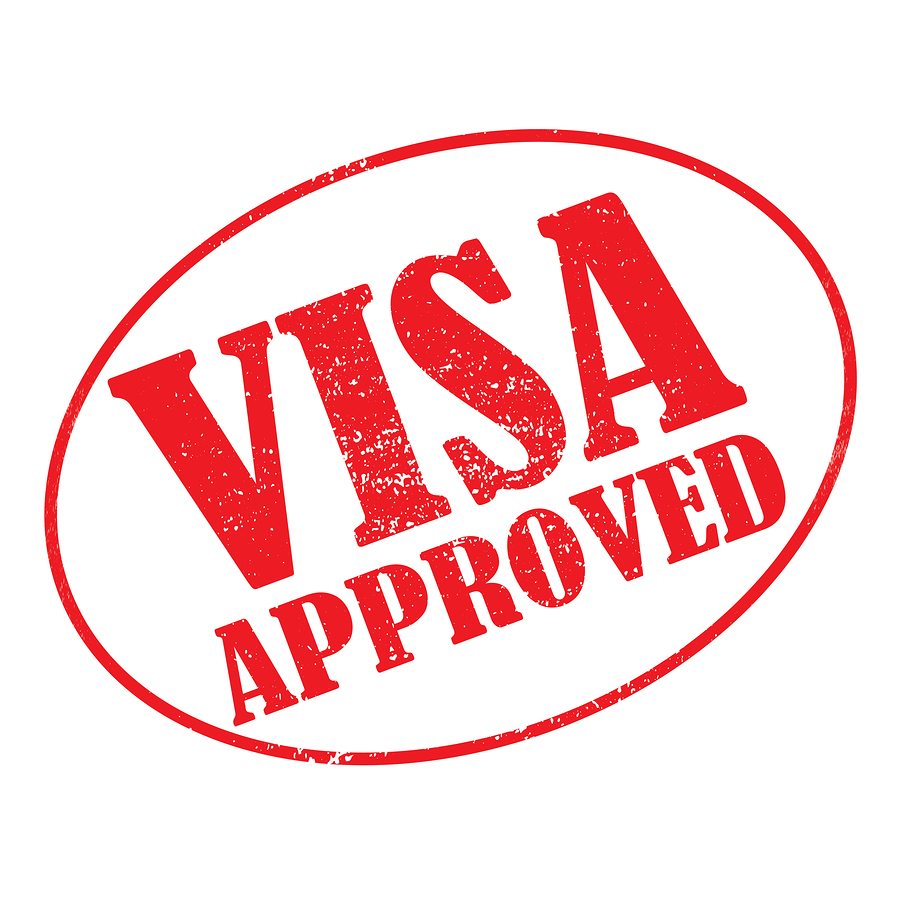Canada has become a popular destination for foreigners looking for a great life and a promising future. Obtaining a Canadian visa can be challenging, so you must understand the criteria and processes involved!
However, some applicants may need help with having their visa application denied. This can be a frustrating and disheartening experience, but it’s not the end of the road.
You can take several achievable steps to address your Canada visa application refusal and increase your chances of securing it. This article will discuss five feasible steps you can take if your Canada visa application has been denied.
Overview of Canada Visa Denial
A Canada visa application can be rejected for various reasons by the Immigration, Refugees, and Citizenship Canada (IRCC).
Some common causes for refusal include insufficient funds to pursue higher education or sustain your visit to Canada and inadequate proof of intent to return to your home country after completing your program or visit.
An applicant may need to gather and submit the required forms faster. In such cases, it is better to seek guidance and get up-to-date information from the official Canadian website. This information may reduce the chances of rejection by IRCC.
Why Can my Canadian Student Visa be Denied?
Study Plan
The absence of a coherent and comprehensive study plan is among the most frequent grounds for denying a Canadian study visa. The applicant must persuade the Canadian immigration official that their visit is primarily for educational purposes.
In Canada, a student’s program selection must make sense, and if the student has prior post-graduate coursework or professional experience, there must be a logical continuation of study.
Proof of Funds
Another reason for rejection is the need for more adequate financial documentation. The Canadian government aims to guarantee that students receive enough financial aid to cover their living and tuition costs.
For a study visa in Canada, you need a fund statement that dates back at least four months. Funds also differ depending on whether any family member is traveling with you.
Inconsistent Academic Records
Your application for a student visa must include proof of your academic standing. You must present your academic records, such as mark sheets and transcripts, as proof of your previous degrees or certificates.
Your visa officer may only approve your application if your academic records match.
Strong Family Ties to Canada
It might surprise you to learn that having family in Canada can result in your student visa being denied.
Several factors can also cause a visa refusal, including illegal status in the country of residence, lack of employment opportunities in the home country, and current employment status.
Other refusal factors include personal assets, documents that need more authenticity, a history of overstaying status on a previous visit to Canada, and others.
Feasible Steps to Take When Your Canada Student Visa Application is Refused
If you’ve been denied a student visa, it might devastate your hopes of attending university in Canada. It’s not the end of the path, though.
Many students have their visas refused for various reasons, but it’s essential to know that there are things you can do to resolve the situation.
Carefully review the denial letter, evaluate your file and circumstances, and choose whether to file an appeal for the denial of your Canada student visa. Even though the process could feel overwhelming, it’s crucial to be optimistic and focused.
1. Read the Refusal Letter Carefully

You must wholly and carefully study any letter that denies you a student visa to Canada. Your application’s denial letter outlines the reasons for the decision and your next course of action.
You must read the letter attentively and take your time before proceeding. Locate a peaceful, cozy spot where you may read the letter without interruptions.
The denial letter outlines the precise grounds for rejecting your application. You can find out if there were any mistakes made during the application procedure by carefully reviewing the refusal letter.
Note the reasons for rejection and any recommendations you may have for your following submissions. This will enable you to comprehend the rejection and your subsequent applications better.
It might be frightening and stressful to receive a letter of rejection. You can consult with knowledgeable immigration consultants if you have any questions concerning any part of the denial letter. They can offer you advice on what to do next.
2. Judicial Review
A judicial review is the legal procedure by which a judge determines whether an immigration authority decision made in Canada is valid. Whether you feel your application was denied unfairly, even though you think your case was legitimate, can be a helpful consideration.
It is crucial to remember that judicial reviews can be costly and time-consuming procedures. Depending on the attorney you select, the cost to handle a case may be anywhere from $5,000 to $10,000.
Furthermore, there’s no assurance that a judicial review will provide a positive result, so you should only seek it if you have substantial grounds to contest the judgment.
Let’s say you feel that your case was denied unjustly. In that case, you must consult with experienced immigration consultants to assess your options and determine the best action for your situation.
3. Examine all the Documents Correctly
You must review every document you send while applying for a student visa. This will enable you to verify that your consultant submitted them accurately and assist you in locating any mistakes or inconsistencies.
Regretfully, there have been instances where consultants failed to provide the necessary paperwork, which resulted in the visa application being denied. Reviewing the documents again allows you to make any required corrections or omissions before resubmitting the application.
Thus, please spend some time reviewing each document to make sure everything is in its proper place. Being safe is preferable to being sorry.
4. Reassess your Situation
Reassessing your situation is essential when your Canada student visa is refused. Take the time to identify areas where you can improve your application and increase your chances of success. This may include:
- Improving your IELTS score: If your language proficiency was a factor in your visa refusal, consider retaking the IELTS exam and aim to achieve a higher score.
- Changing colleges or courses: If your choice of college or course needs to be more convincing to the visa officer, consider researching and selecting a more suitable institution and program that aligns with your academic and career goals.
- Providing better justifications: It is crucial to provide sufficient justifications for your study permit application. Take the time to reevaluate your reasons for pursuing education in Canada. Prepare a more compelling purpose statement that addresses the visa officer’s concerns.
Remember, reassessing your situation does not mean giving up on your dreams of studying in Canada. It means taking a step back, analyzing your situation, and taking the necessary steps to improve your chances of success.
5. Reapply
It could be preferable to reapply for a student visa to Canada rather than go through the costly and time-consuming judicial review process. Getting a second opinion from a different qualified professional can be beneficial.
Obtaining a second opinion might provide a new perspective on your situation, and the consultant may point out problems that your first consultant should have noticed.
Nonetheless, exercise caution when obtaining a second opinion. Do your homework to find a reliable consultant with experience handling Canada student visa refusals. Not all consultants will have your best interests at heart.
Wrapping Up
Follow all necessary processes to avoid having your Canada visa application refused. Consult Immigration, Refugees, and Citizenship Canada for more details and up-to-date information. All the best!


